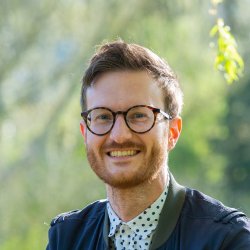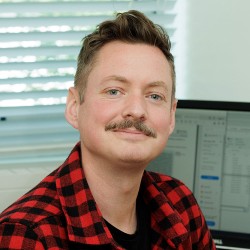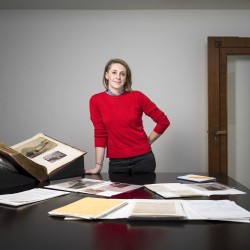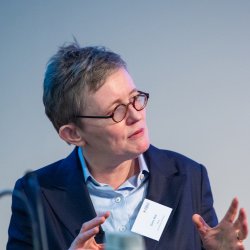Interdisciplinarity and inclusion in sex, gender and sexuality studies
In a recent panel event for LGBT History Month, a few of our scholars who teach on the Sex, Gender and Sexualities masters had a great discussion about the programme. Here, we’ve compiled some of their answers to a couple of the questions posed.
Read on to find out what they had to say!
Question 1
To what extent is interdisciplinarity important for sex, gender and sexuality studies?
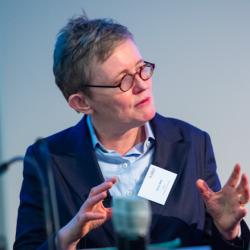
“Research into sex, gender and sexuality is fundamentally interdisciplinary. The field has emerged from multiple disciplines, such as philosophy, literary studies, history, sociology, and psychology. Crucially, although the social sciences are central, the humanities play a key role too. We can see this if we look at the academic backgrounds of its formative theorists: Foucault and Butler are from philosophy; Sedgwick and Halberstam from English literature. This is research that is relevant to all areas of life, and right across the globe, so an intersectional approach is vital."
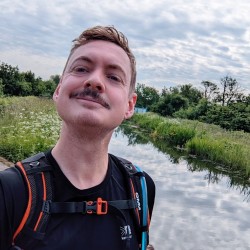
“I always think that interdisciplinarity is not just important, but almost “baked-in” to sex, gender and sexuality studies. Sex, gender and sexuality are all multi-dimensional, so the studies of these must be multi-disciplinary. In my own experience, I did my PhD in a critical theory centre in an English school, before moving into the social sciences where I write history, so I can’t escape my own interdisciplinary training!
Intersex history, to give an example from my research, demonstrates some of the dangers of one discipline “owning” the authority of legitimacy when it comes to any of these complex issues. It is complexly biomedical, legal, social, political, cultural, historical, and the list goes on. It seems obvious to me that it therefore demands complex, multi- and inter-disciplinary reflection and research.”
Question 2
In what ways are queerness, trans-inclusion and feminism enacted and embedded in your research and teaching?
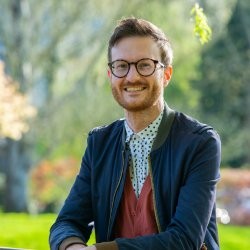
“In my module, Social Psychology of Language and Communication, we examine the role of gender fair language and gender-neutral pronouns in creating a more inclusive society. We see how language can be a powerful 'tool' to deconstruct gender stereotypes and promote diversity and inclusion. In doing so, we look at how we can design interventions to promote and establish the use of a more inclusive language.
I am particularly interested in how people form impressions about our gender and sexuality deepening on how we sound (and how to deconstruct voice-related stereotypes!). I do research on voice-based stigma, and I integrate it in my teaching, and I have collaborated with David Thorpe, director of the 'Do I sound gay?" documentary.”
“For me, queer, trans-inclusive feminism is a key part of who I am so that comes across in my research and teaching. Perhaps that’s why I’m so interested in liberatory histories and engaging with wider audiences to disseminate research findings. For example, I’m involved in Dr David Griffiths’ FUTURESEX initiative and I run queer screen-printing workshops for non-academic groups like Blossom, a charity for LGBTQ young people.
This masters has also been designed to be deliberately inclusive too – we’re interested in ensuring everyone can come away having been given the opportunity to do their very best."
Both interdisciplinarity and inclusivity are central to the design of the Sex, Gender and Sexuality masters. We hope that these answers from some of the academics involved are useful in thinking about these things more. If you do have any further questions though you can always email the Programme Director or the Admissions team.
